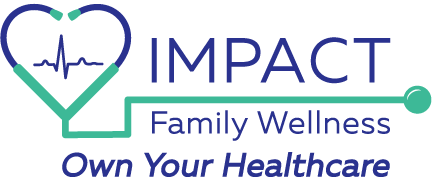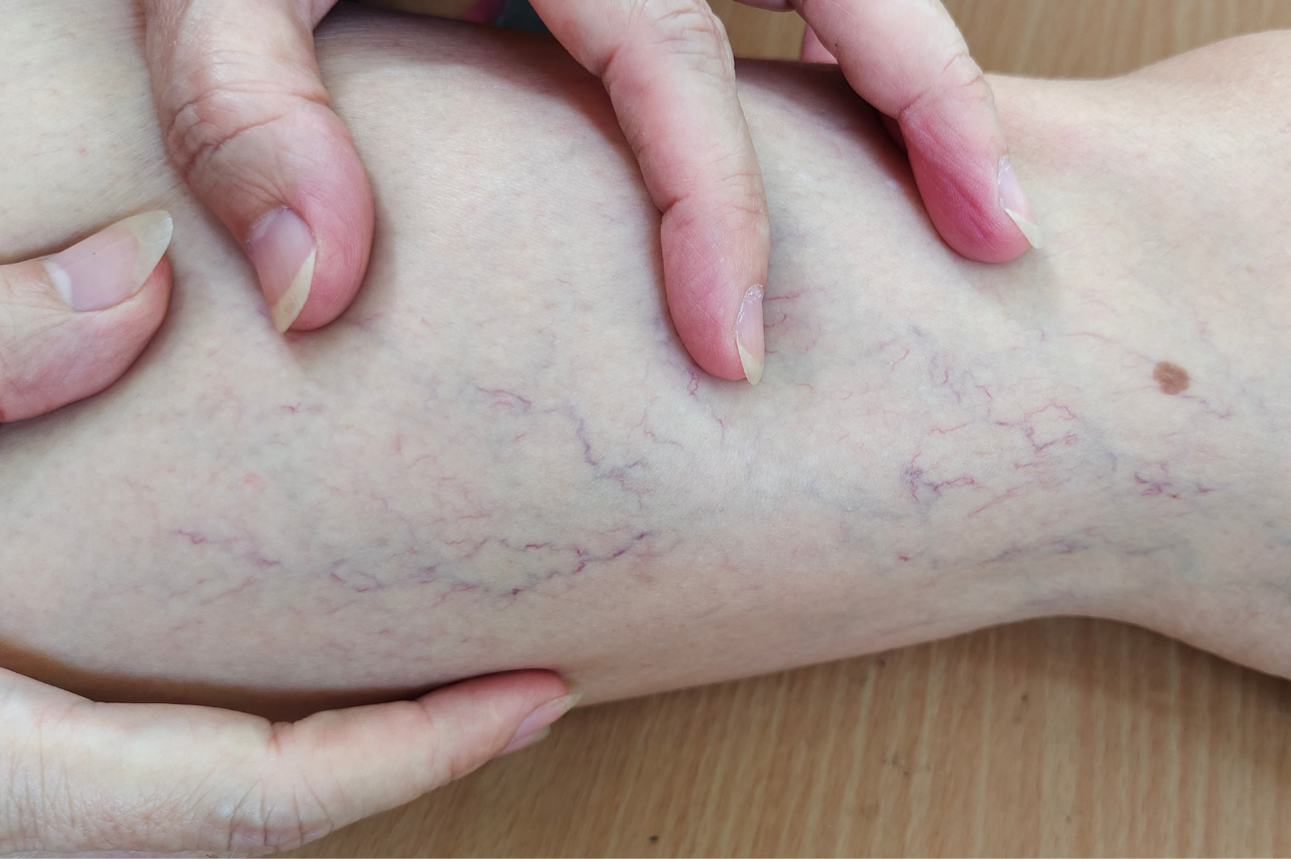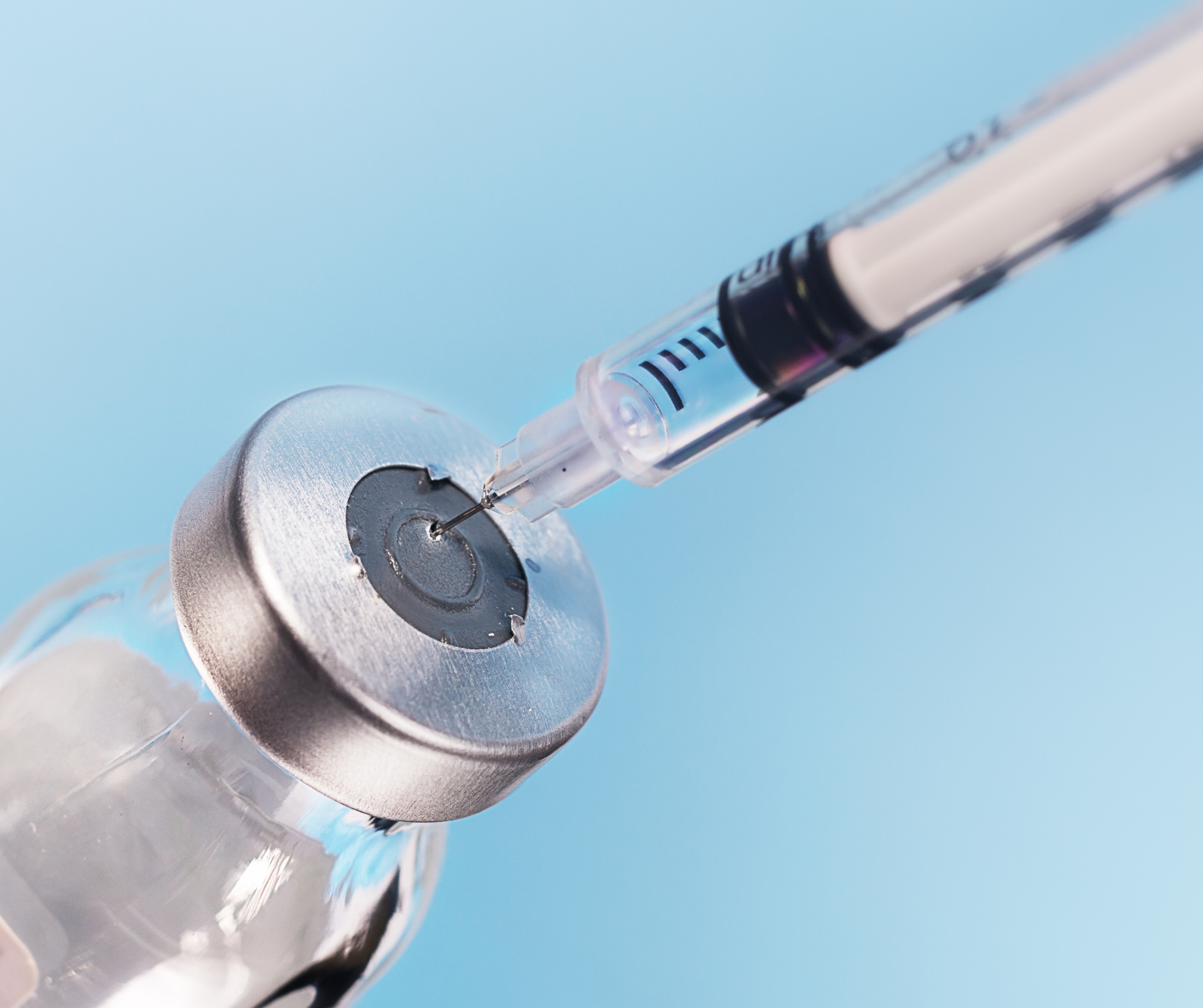5 Ways Direct Primary Care Can Help With Testosterone Therapy
Testosterone is a hormone that supports several key areas of men's health. It helps regulate energy, mood, sex drive, and muscle strength. When levels drop, often due to age or other health factors, men may start to feel tired, less interested in sex, or emotionally low. These symptoms can be subtle and are often overlooked or dismissed in traditional healthcare settings, where short visits and limited follow-up are common.
Direct Primary Care (DPC) offers a better way. It allows for longer appointments, easier access to lab testing, and a stronger patient-doctor relationship. In this blog, we'll explore five ways DPC can support safe and effective testosterone therapy, tailored to your individual needs.
Side Effects of Testosterone Therapy at Any Age or Gender
Testosterone therapy (TRT) can offer real benefits, but like any treatment, it may come with side effects. These effects can vary depending on the dose, treatment, and how each person responds. Whether someone is starting testosterone therapy in their 30s, over 60, or exploring testosterone therapy for women, regular monitoring is key to keeping therapy safe and effective.
Common side effects of testosterone therapy include:
- Acne or oily skin: Often mild and manageable, especially at the start of Testosterone treatment.
- Increased red blood cell count: This can thicken the blood, raising the risk of clots if not monitored.
- Mood changes or irritability: Some patients report feeling more reactive or restless, particularly with incorrect dosing.
- Worsened sleep apnea: For those already diagnosed, testosterone may make symptoms more noticeable.
- Testicular shrinkage and reduced sperm production: This is more common in men of reproductive age and may affect fertility.
These side effects don't occur in everyone, but they're important to monitor, especially with TRT for men across all ages. Working with a provider who offers regular follow-up and personalized care helps reduce risks and keep treatment safe. In a Direct Primary Care setting, ongoing lab work and open communication make it easier to catch issues early and adjust the plan as needed.
But testosterone therapy isn't limited to men. Women may also benefit from low-dose testosterone to help with fatigue, mood, or low libido. However, women require much lower doses, and side effects such as unwanted hair growth or voice changes can occur if therapy isn't well-managed.
How Direct Primary Care Clinics Support Safe, Personalized TRT
Direct Primary Care (DPC) clinics are designed to offer a better experience for patients who need ongoing care like testosterone therapy. Here are five ways DPC makes treatment more accessible, affordable, and effective.
1. Personalized and Accessible Diagnosis
In traditional healthcare, getting tested for low testosterone can be difficult. Insurance rules and time-limited visits often cause delays, and many providers still believe only older men need treatment. As a result, symptoms like fatigue, low sex drive, or brain fog are often missed or dismissed.
Direct Primary Care offers a different experience. You get more time with your doctor, faster lab testing, and a care process that's easier to navigate. With better access and more personalized support, it becomes simpler to understand your symptoms and decide whether testosterone therapy is the right next step.
2. Transparent and Affordable Care
One of the biggest barriers to testosterone therapy is cost. In a typical fee-for-service model, lab tests, visits, follow-ups, and medications may have different, and sometimes confusing, prices. It's possible your insurance won't cover any of it, leaving you with surprise bills.
In contrast, most DPC clinics offer testosterone therapy at wholesale cost, without markup. Labs and follow-ups are often included in the flat monthly membership, and there are no unexpected charges.
3. Holistic Support Beyond Hormones
Testosterone therapy can be effective, but it works best when combined with healthy lifestyle changes. Direct Primary Care doesn't just focus on prescriptions; it supports the whole person. That means helping you build simple, lasting habits that support your testosterone levels and overall hormone balance.
Here are key areas where DPC providers can help:
- Diet and nutrition: Carrying excess weight, especially around the belly, can lower testosterone. A balanced diet focused on whole foods and fewer processed carbs can help restore levels.
- Sleep: Most testosterone is produced during sleep. Getting less than 8 hours can drop your levels by up to 15% the next day.
- Exercise: You can naturally raise testosterone levels by doing strength training. It also helps with weight loss, energy, and mood.
- Stress management: Ongoing stress increases cortisol levels, which reduce free testosterone. Simple practices like deep breathing or short breaks in your day can help.
These areas aren't separate from treatment; they're part of it. Hormones respond to how we live daily, and DPC makes it easier to stay on track by providing consistent, personalized support.
4. Ongoing Monitoring and Safer Therapy
Testosterone therapy works best when it's closely monitored over time. It's not a one-time treatment; your body's needs can shift, and adjustments may be necessary. Ongoing care helps manage potential side effects. It also allows your provider to monitor conditions like sleep apnea that therapy could affect.
With Direct Primary Care, this level of support is built into your care. You'll have regular lab work, unlimited visits, and direct access to your provider through text or email. That means you don't have to wait if something feels off, and you'll always know someone's watching your progress.
5. Whole-Person, Judgment-Free Care
In a Direct Primary Care setting, you're treated as a person, not a chart. Providers take the time to understand your story, listen to your concerns, and guide you through treatment without rushing or judgment.
Support goes beyond prescriptions. At Impact Family Wellness, for example, many patients benefit from services like vitamin injections, which can help boost energy, improve metabolism, and support mood, all important factors during hormone therapy. When combined with TRT, these targeted supplements can enhance your results and help you feel your best.
Why Choose a Direct Primary Care Testosterone Therapy Clinic
Choosing the right clinic for testosterone therapy matters. We combine medical expertise with a personal approach, so you never feel like just another appointment on the schedule. Through Direct Primary Care, you get more time with your provider, ongoing lab monitoring, and consistent support that's focused on you.
Testosterone therapy is a step toward feeling stronger and more like yourself again. Whether you're dealing with low energy, reduced muscle mass, or other signs of hormone imbalance, we're here to help you find answers and build a care plan that works for your life.
Frequently Asked Questions About Testosterone Therapy
What does testosterone therapy do?
Testosterone therapy helps restore hormone levels when they are too low. It can improve energy, mood, mental focus, sex drive, muscle strength, and even sleep quality. For many men, it's a way to feel more like themselves again.
What is the downside of testosterone therapy?
Some people may experience acne, changes in mood, or worsened sleep apnea. It can also raise red blood cell counts, which need to be observed through lab work. These risks can be managed with the right dose and ongoing monitoring with your provider.
Why is traditional healthcare hesitant to prescribe testosterone?
Testosterone therapy has sometimes been misunderstood or overused in the past, which has led to caution in some healthcare settings. Many clinics also don't have the time or systems for regular follow-up, which is vital for safe treatment. That's why models like Direct Primary Care, which allow for closer monitoring and more extended visits, are often a better fit for hormone therapy.
When should a man take testosterone?
A man should consider testosterone therapy when low hormone levels start to interfere with daily life. Signs may include constant fatigue, low sex drive, difficulty focusing, mood changes, or a loss of strength. While age can play a role, the more critical factor is how you feel and whether those symptoms are impacting your quality of life.
Take the First Step Toward Hormonal Balance and Better Health
If you're feeling off: physically, mentally, or emotionally, your hormones might be part of the cause. You don't have to guess or go it alone. Our team is here to help you find real answers.
At Impact Family Wellness, we make it easy to get started. You'll have access to lab testing, professional guidance, and follow-up care all under one roof, with no surprise bills or rushed appointments.
Book an appointment and let's find out what's going on and get you back to feeling your best.










